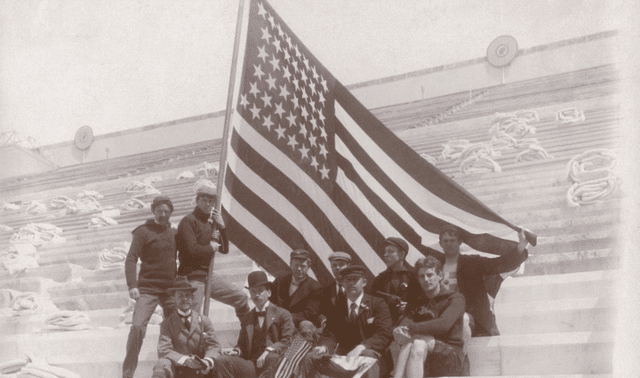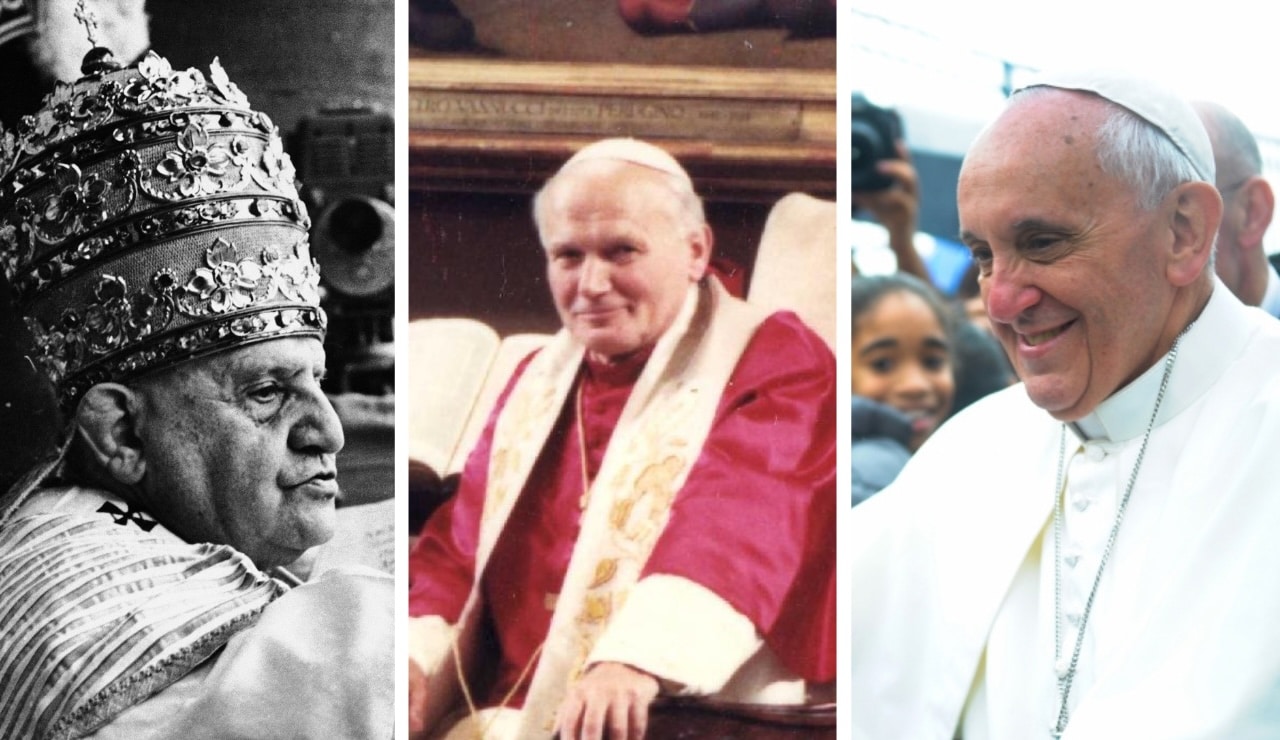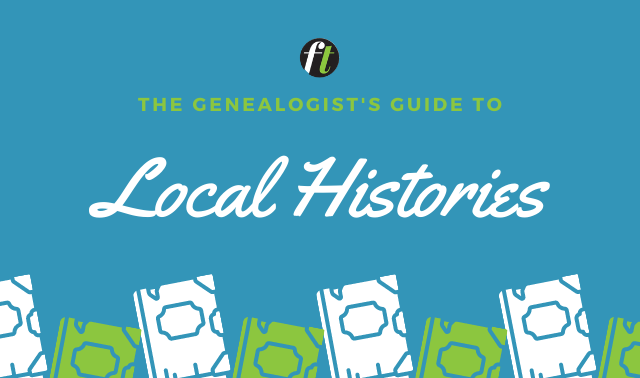Americans of native, African and Chinese descent were once negatively stereotyped and discriminated against because of their ethnicity. Now pride is beginning to replace prejudice—at least for some ethnic Americans.
The number of people who called themselves Native Americans in the 2000 US Census more than doubled from a decade ago, for instance. This was the first census to allow respondents to identify with more than one race category. But there’s more to this sudden surge, according to the Washington Post. Reasons for the increase include gambling revenue from Indian-owned casinos; minority scholarships and affirmative action guidelines; the rising popularity of genealogy; and the “erosion of the stigma once borne by Native Americans.”
At the same time, African-Americans are seeing more historic homes and sites restoring long-forgotten and ignored slave areas to educate visitors about slaves’ contributions to society, the Post said. Among the places broadening their scope:
- Montpelier, James Madison’s former home in Montpelier Station, Va., which recently cleared away trees and vines from the estate’s slave cemetery and cut a walkway to it for visitors touring the grounds. The estate is also restoring a log cabin built by one of its former slaves in 1870 and displaying small items found during an excavation of slave dwellings. See www.montpelier.org or call (540) 672-2728.
- Arlington House, Robert E. Lee’s former home in Arlington, Va., which opened a one-room slave house long used for storage. See www.nps.gov/arho/ or call (703) 557-0613.
- Monticello, home of Thomas Jefferson in Charlottesville, Va., which recently found a slave cemetery that will open to tourists. See www.monticello.org or call (434) 984-9800.
- The Hermitage in Nashville, home of Andrew Jackson, which is home to archeological digs in its outlying slave quarters. See www.thehermitage.com or call (615) 889-2941.
Unfortunately, stereotypes and mistrust of Asians haven’t changed much since the 19th century, when Chinese immigrants were legally barred from jobs, citizenship and equal rights. One quarter of Americans still have “strong negative attitudes” toward Chinese-Americans, according to a recent study by the Committee of 100, a Chinese-American-relations group. Another 43 percent see them in a “somewhat negative light.” Most of those surveyed did not differentiate between Chinese-Americans and other Asian-Americans, either. Despite these negative preconceptions, however, nearly all Americans believe Chinese-Americans have strong family values and are honest as businesspeople.




